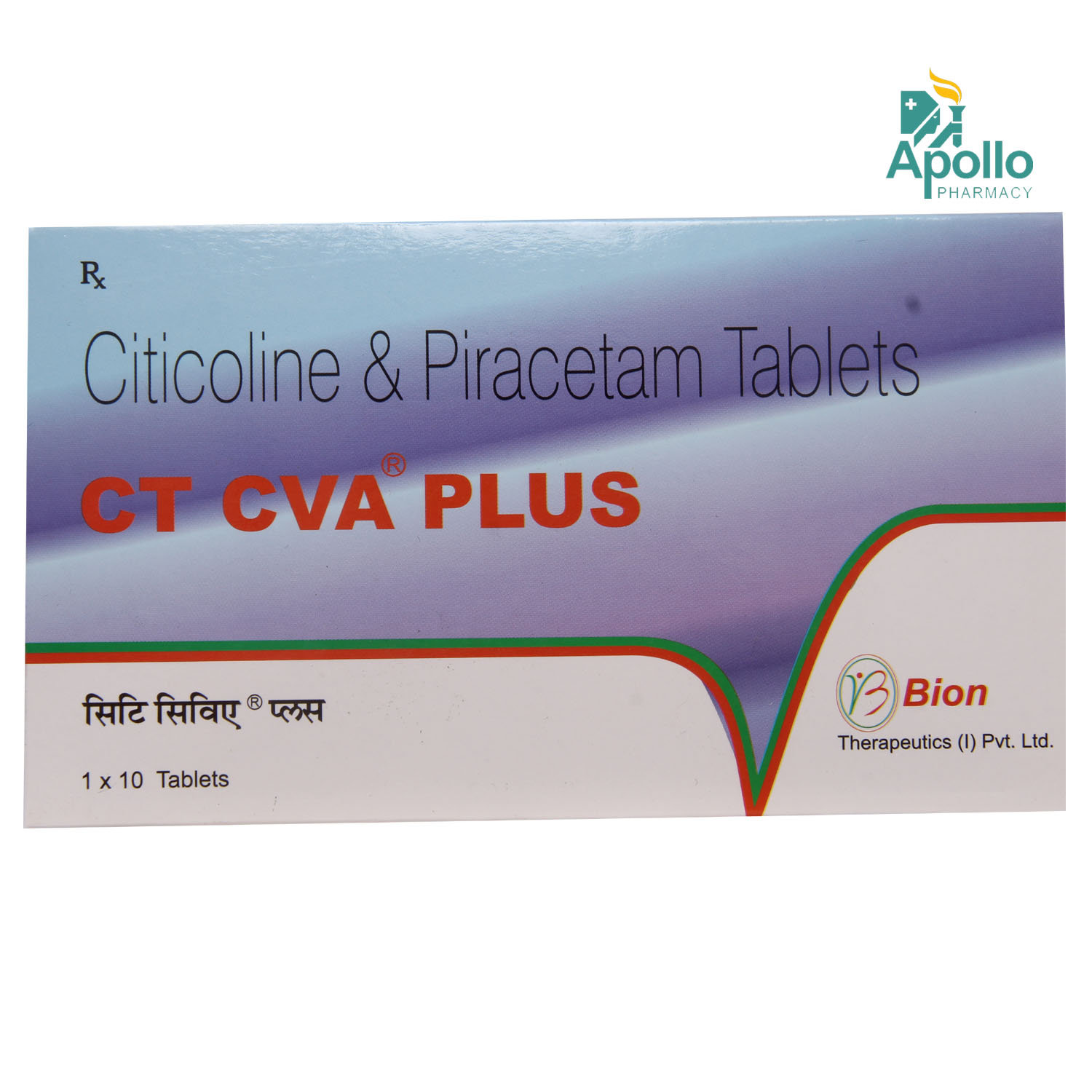Blincoline-P Tablet

MRP ₹520
(Inclusive of all Taxes)
₹78.0 Cashback (15%)
know your delivery time
Provide Delivery Location
Composition :
Manufacturer/Marketer :
Consume Type :
Expires on or after :
Return Policy :

Secure Payment

Trusted by 8 Crore Indians

Genuine Products
Therapeutic Class
Country of origin
Manufacturer/Marketer address
Author Details
We provide you with authentic, trustworthy and relevant information
Disclaimer
Alcohol
Safe if prescribed
Avoid consumption of alcohol while taking Blincoline-P Tablet as it may cause increased drowsiness.
Pregnancy
Consult your doctor
Please consult your doctor if you are pregnant or if you have any concerns regarding this, your doctor will prescribe only if the benefits outweigh the risks.
Breast Feeding
Consult your doctor
Please consult your doctor if you are breastfeeding, your doctor will decide whether Blincoline-P Tablet can be taken by breastfeeding mothers or not.
Driving
Safe if prescribed
Blincoline-P Tablet may cause nervousness and shakiness. Do not drive or operate machinery.
Liver
Consult your doctor
Limited data is available. Please consult your doctor if you have a liver impairment or any concerns regarding this.
Kidney
Consult your doctor
Dose adjustment may be needed in patients with kidney impairment. Please consult your doctor if you have kidney impairment or any concerns regarding this.
Children
Safe if prescribed
Blincoline-P Tablet is not recommended for children as the safety and effectiveness have not been established.
Product Substitutes
About Blincoline-P Tablet
Blincoline-P Tablet belongs to a group of medicines called central nervous system agents used to treat acute stroke. A stroke is a serious life-threatening medical condition that happens when the blood supply to part of the brain is cut off. Like all organs, the brain needs the oxygen and nutrients provided by blood to function properly. If the supply of blood is restricted or stopped, brain cells begin to die, leading to stroke.
Blincoline-P Tablet is a combination of two medicines, namely: Citicoline and Piracetam. Citicoline repairs the neuronal membrane and cholinergic neurons by increasing phosphatidylcholine synthesis and potentiating the production of acetylcholine, respectively. It reduces the build-up of free fatty acids at the site of stroke-induced nerve damage. Piracetam protects the brain and nervous system against shortness of oxygen. It also improves the activity of a chemical messenger called acetylcholine which helps in communication between brain cells.
You are advised to take Blincoline-P Tablet for as long as your doctor has prescribed it for you depending on your medical condition. In some cases, you may experience certain common side-effects such as weight gain, nervousness, diarrhoea, headache, muscle spasm, nausea, and vomiting. You are advised to talk to your doctor if you experience any of these side-effects persistently.
Consult your doctor before taking Blincoline-P Tablet if you are pregnant or breastfeeding. Avoid driving or operating machinery as Blincoline-P Tablet causes drowsiness, sleepiness and shakiness. Avoid consuming alcohol with Blincoline-P Tablet as it could lead to increased sleepiness. Blincoline-P Tablet is not recommended for children as safety and effectiveness have not been established. Keep your doctor informed about your health condition and medicines to rule out any side-effects/interactions.
Uses of Blincoline-P Tablet
Medicinal Benefits Mweb
Key Benefits
Blincoline-P Tablet is used to treat acute stroke. Blincoline-P Tablet is a combination of two medicines, namely: Citicoline and Piracetam. Citicoline repairs the neuronal membrane by increasing the synthesis of phosphatidylcholine. It also repairs the damaged cholinergic neurons by potentiating acetylcholine production and reduces the build-up of free fatty acids at the site of stroke-induced nerve damage. Piracetam protects the brain and nervous system against shortness of oxygen. It also improves the activity of a chemical messenger called acetylcholine which helps in communication between brain cells. Together, Blincoline-P Tablet helps treat stroke.
Directions for Use
Side Effects of Blincoline-P Tablet
- Weight gain
- Nervousness
- Diarrhoea
- Headache
- Muscle spasm
- Nausea
- Vomiting
Drug Warnings
Do not take Blincoline-P Tablet if you are allergic to any of its contents, if you have/had severe renal or hepatic impairment or cerebral haemorrhage (uncontrolled bleeding in the brain). Inform your doctor if you have intracranial haemorrhage (bleeding within the skull), haemorrhage (bleeding problems), gastrointestinal ulcers, haemostasis (process to prevent bleeding); if you are due to have any major surgery or taking anti-coagulant medicines. Consult your doctor before taking Blincoline-P Tablet if you are pregnant, planning for pregnancy or breastfeeding. Avoid driving or operating machinery as Blincoline-P Tablet causes drowsiness, sleepiness and shakiness. Avoid consuming alcohol with Blincoline-P Tablet as it could lead to increased sleepiness. Blincoline-P Tablet is not recommended for children as safety and effectiveness have not been established.
Drug-Drug Interactions Checker List
- LEVODOPA
- CARBIDOPA
- ENTACAPONE
- ACENOCOUMAROL
- CARBAMAZEPINE
- PHENYTOIN
- PHENOBARBITONE
- VALPROATE
- CENTROPHENOXINE
Habit Forming
Diet & Lifestyle Advise
- Follow a low-fat, high-fibre diet.
- Maintain a balanced diet. Include plenty of vegetables, fruits and whole grains.
- Limit daily salt content to not more than 6grams.
- Exercise regularly. It helps maintain proper weight, lowers cholesterol and keeps blood pressure healthy.
- Avoid smoking and alcohol consumption.
- Avoid processed foods.
All Substitutes & Brand Comparisons
RX
Out of StockCITICODE P TABLET 10'S
Biophar Lifesciences Pvt Ltd
₹499.9
(₹44.99 per unit)
3% CHEAPERRX
Out of StockCT CVA PLUS TABLET 10'S
Bion Therapeutics (I) Pvt Ltd
₹577
(₹51.93 per unit)
10% COSTLIERRX
Out of StockIqpill-Ct Tablet 10'S
Zoic Life Sciences
₹590
(₹53.1 per unit)
13% COSTLIER

Have a query?

_0.jpg?tr=q-85)





